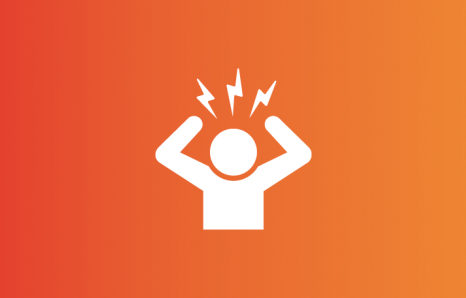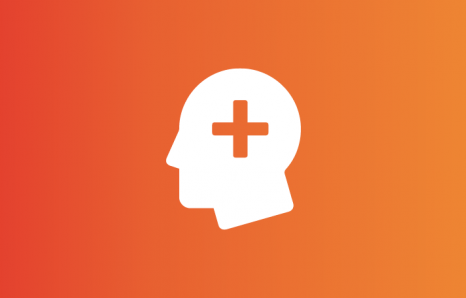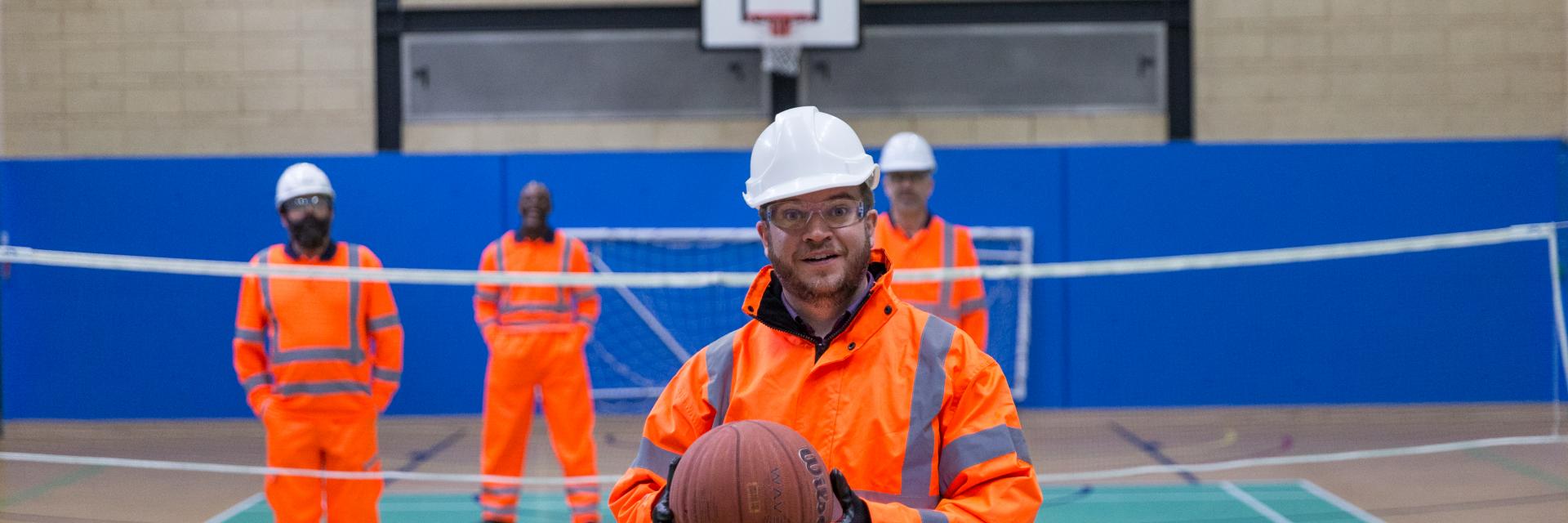Topic
Category
Year

The art of saying 'no'
Have you ever wondered where to draw the line? Do you find yourself over-committing, people-pleasing, or have a fear of upsetting others? Setting personal boundaries is one of the most essential tools for healthy living. It also happens to be one of the hardest things to do.
Psychotherapist, counsellor and author, Jennie Miller delves into the art of saying ‘no’. She shares tips on how to set boundaries, whether it is in the workplace, with friends or at home.

Seasonal Affective Disorder
Hosted by psychotherapist Priya Ponnappa, we explore Seasonal Affective Disorder (SAD). Don't brush off that yearly feeling as simply a case of the "winter blues" - take steps to keep your mood and motivation steady throughout the year.

Tips for coping through the winter
This 5-Minute Wellbeing video focuses in on tips for helping us cope through the winter months. These include resting, retreating, restoring and how to conserve your energy. Spend five short minutes investing in your approach to winter.

Welcome to Rail Wellbeing Live 2023
Panel discussion: supporting young people’s mental health
Young workers aged 18 to 30 are perceived to be under almost twice as much pressure in their lives as their more senior peers. They’re more likely to be worrying about debt or struggling to pay their bills, which is likely to add to their stress. Companies can and should focus on creating a more inclusive environment and be prepared to step up and support their people.

How to be your own therapist

Living in the present
Gelong Thubten is a Buddhist monk and author of Handbook for hard times, A monk’s guide to happiness and co-author of How to be human. In this session, he shares how to optimise mental performance through the mindfulness practice of being in the moment. The session explores stress reduction, mental focus and emotional resilience, and provides tools for integrating ‘micro-moments’ of mindfulness into a busy working life.
